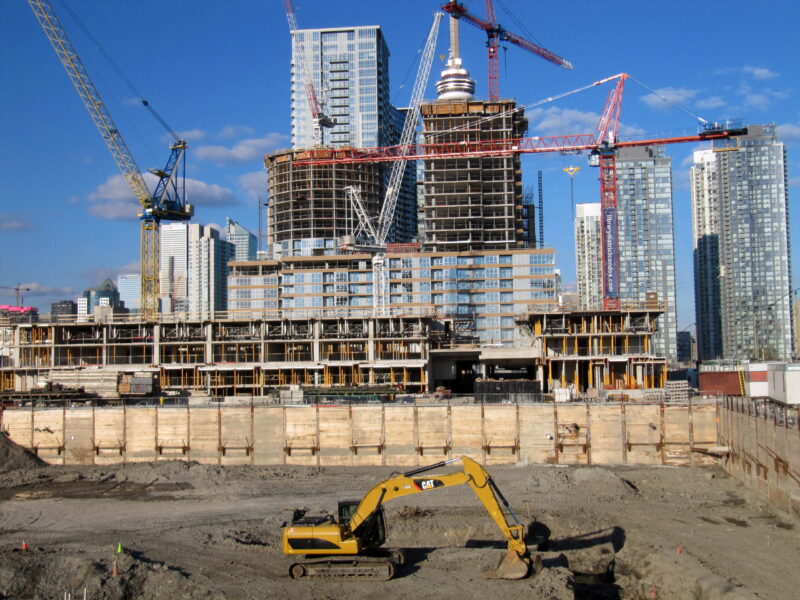Construction project management is an organized professional service which makes use of specialized, creative project management practices to oversee the entire planning, conceptualization, design, and construction of an organization’s project, from the initial planning to the finished operation. It involves the use of technical skills, best practices, financial management, quality control, resource allocation and communication. It is generally a collective discipline of people who work together for a common purpose, such as constructing a building, bridge, airport, or other structures. In the planning stage of the construction project management process, various aspects are considered.
These include budget analysis, scheduling, cost analysis, cost control, cost allocation, cost recovery, and technical solutions. The budget is the most important aspect of the entire plan, as it represents the maximum amount of money that can be spent. It must be analyzed in terms of both revenue potential and expenditure. If revenues are considered more than expenditure, then expenses are adjusted to meet the potential. Finance decisions are made at this stage using methods such as budgeting, financing, debt consolidation, and the sale of assets.
In the scheduling phase, the project manager determines the schedule, as well as milestones and other dependent tasks. Achieving the schedule depends on many factors such as the scope, complexity, and time required. The schedule is dependent on the planning phase objectives, which may include timelines, cost estimates, time limitations, financial constraints, and realistic business models. The objective of scheduling includes reaching the objectives within the defined time frame. This aspect of construction project management involves managing the schedule and controlling the costs.
Cost management, on the other hand, refers to the reduction of expenses associated with the completion of the construction projects. Most construction projects have several levels of enclosures, which involve different levels of labor, materials, and overhead. Contractors are responsible for overall management of all levels of enclosures. Control of costs includes controlling materials, labor, and overhead associated with the completion of each stage.
Although each stage has its own unique set of associated activities, all of them are included in the construction project management process. The project manager decides how to integrate all of these activities to ensure that all of the goals of the organization are met. In the contracting phase, contracts are drawn up between contractors and organization, covering what services the organization requires and how much the contractors are able to provide within a certain period of time. The construction projects are managed through delivery and completion by using supply, subcontractors, material suppliers, transportation contractors, and other heavy civil and heavy equipment contractors.
Plan Street is a system designed to help construction project managers use all of the resources they have available to them for managing construction projects. This system is designed for large, complex, as well as small companies. All of the software tools and modules required by project managers are included, allowing them to complete a full year’s worth of reports, analysis, case histories, database searches, and more. Project managers can customize their software programs, so that they can better meet their individual company needs.



